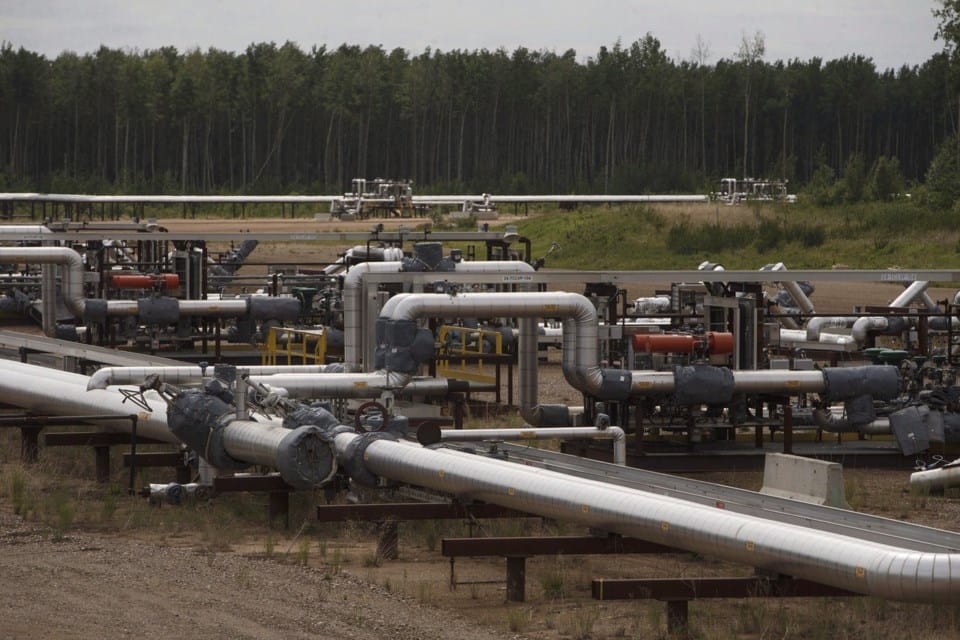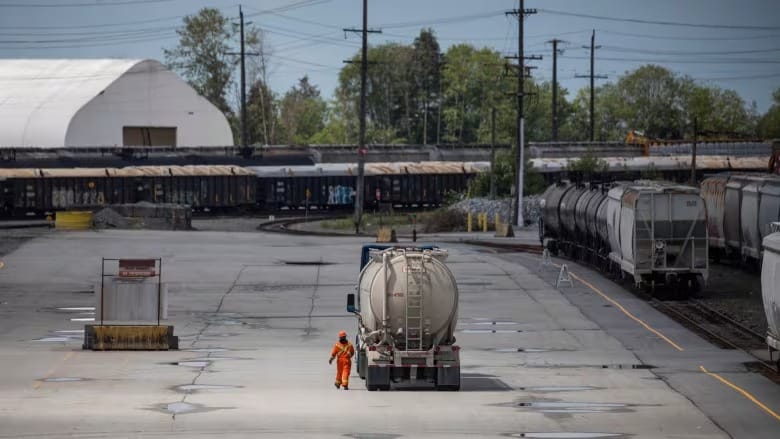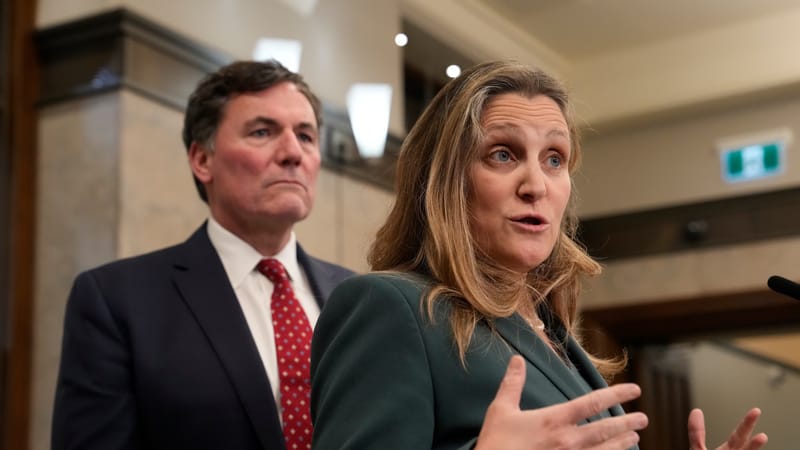Municipalities say Alberta oilpatch policies harming tax base, public interest
“They’ve said we want a reduction in municipal taxes and that’s the solution to revive these old assets,” he said. “The rhetoric within industry is that ’We would make it if it weren’t for taxes,' which is completely false.”

Alberta’s United Conservative government is being criticized by the Rural Municipalities of Alberta for policies they believe are damaging local tax bases, compromising environmental oversight, and neglecting the public interest in favor of increasing production from the province’s declining conventional oil and gas fields.
Earlier this month, the Rural Municipalities of Alberta hosted a town hall to address the effects of recent and forthcoming policy changes. The organization fears these changes will cost them hundreds of millions in tax revenue, weaken regulations on failing wells, and undermine their regulatory authority.
“Does industry need to be stimulated on the backs of rural Albertans?” questioned Paul McLauchlin, president of the association. “That’s the choice that’s being made.”
The group has flagged five government policies that they believe could negatively impact their members. They are particularly concerned about the easing of a ministerial order that requires companies to pay municipal taxes before transferring well licenses. This change, they argue, could enable unprofitable wells to be moved from one unstable company to another, allowing the industry to evade cleanup costs.
“There is a risk that allowing assets to be more easily transferred … could result in assets being transferred to companies that are not well-positioned to operate them responsibly,” states a briefing document provided to The Canadian Press.
The municipalities also worry about a strategy aimed at keeping older, declining wells in production. McLauchlin argued that the government seems to believe reducing municipal taxes and regulatory requirements will make these assets profitable again.
“They’ve said we want a reduction in municipal taxes and that’s the solution to revive these old assets,” he said. “The rhetoric within industry is that ’We would make it if it weren’t for taxes,' which is completely false.”
He noted that measures like a three-year tax holiday for new wells and pipelines have already resulted in nearly $9 billion in lost assessments for municipalities. By the end of last year, municipalities were owed $252 million in unpaid property taxes.
The province is also reviewing the taxation of assets in regulated industries.
“There are already challenges related to the review scope and process,” according to the group’s document.
The association is also concerned about potential changes to the Alberta Energy Regulator. A report to Premier Danielle Smith from David Yaeger, a conservative activist and oil patch insider, suggested the regulator should focus solely on technical aspects of project applications, potentially excluding public interest considerations.
McLauchlin expressed shock at this proposal, stating, “I think it’s shocking they want to do that. They would just become complicit and part of the whole industry. Who is actually working for Albertans?”
Additionally, the association highlighted ongoing support for the oil patch through mandated municipal tax holidays. The briefing document notes that decisions made by the province between 2021 and 2023, without consultation, resulted in $332 million in lost revenue for rural municipalities.
“It was done for us -- ’Hey guys, just so you know, you’re giving a cut,’” McLauchlin said.
McLauchlin emphasized that energy production should not outweigh other values, such as environmental obligations and tax payments. “I don’t care about production if we’re going to have oil and gas companies that don’t fulfill their environmental obligations or don’t pay their taxes. I don’t want them.”
He has raised his concerns with Premier Smith, Energy Minister Brian Jean, Environment and Protected Areas Minister Rebecca Schulz, Municipal Affairs Minister Ric McIver, and various senior bureaucrats.
Jean acknowledged the concerns, stating that all parties are committed to ensuring productive wells are managed by companies that can fulfill their tax obligations. “We are looking for practical solutions to historical issues that nobody was prepared to deal with and have been ignored for decades,” he said in an email. “We will have more on this in the coming weeks.”
The briefing documents indicate that while municipalities might manage any one of these changes individually, the combined effects pose significant challenges. McLauchlin warned that the revenue cutbacks come at a time when municipalities face other major expenses, such as $4 billion needed for bridge repair and maintenance, and increased policing costs.
“We are probably going to have municipalities go bankrupt, which hasn’t happened since the ’30s,” McLauchlin said.
He asserted that he has “100 percent support” for his concerns, accusing the government of using a “false narrative” that taxation hinders resource extraction to drive their agenda.





